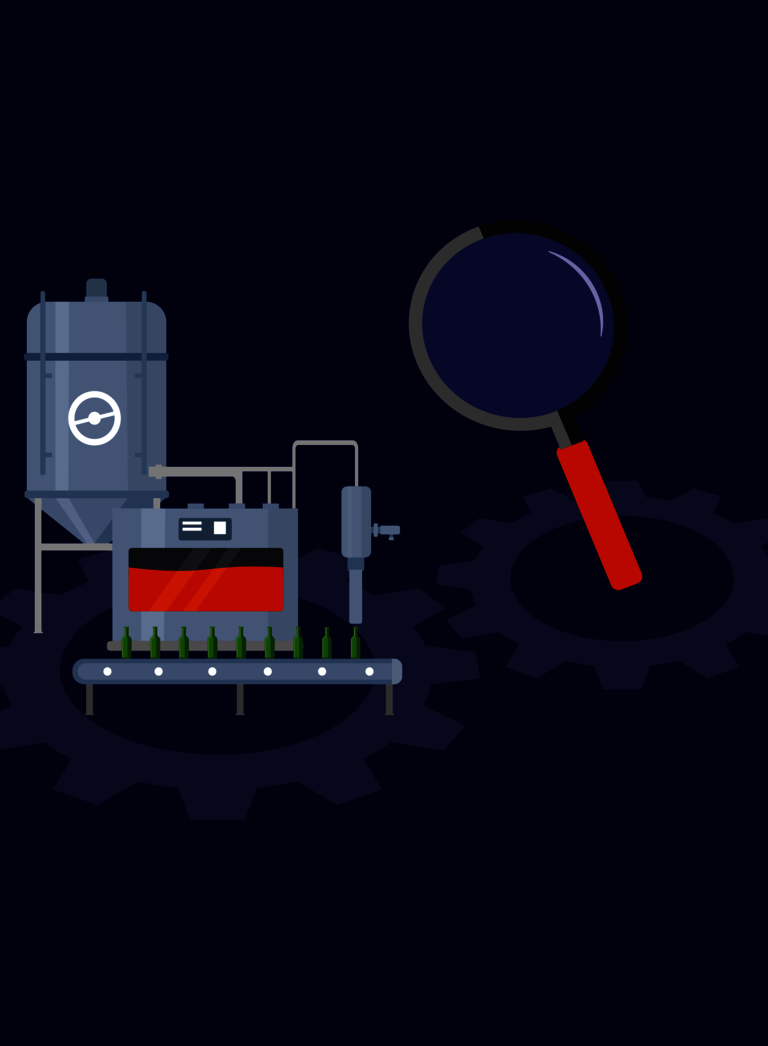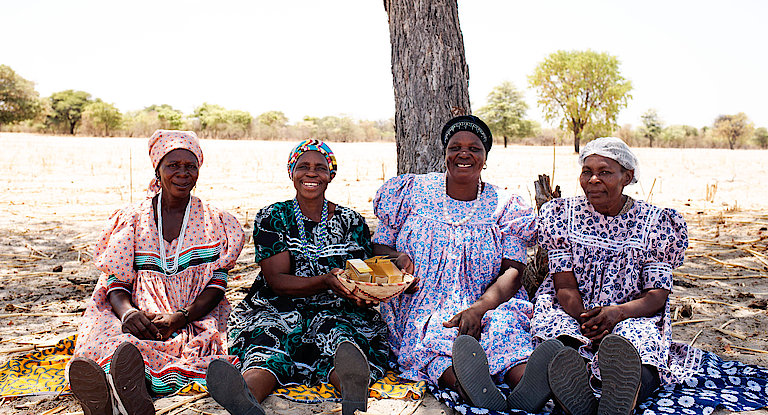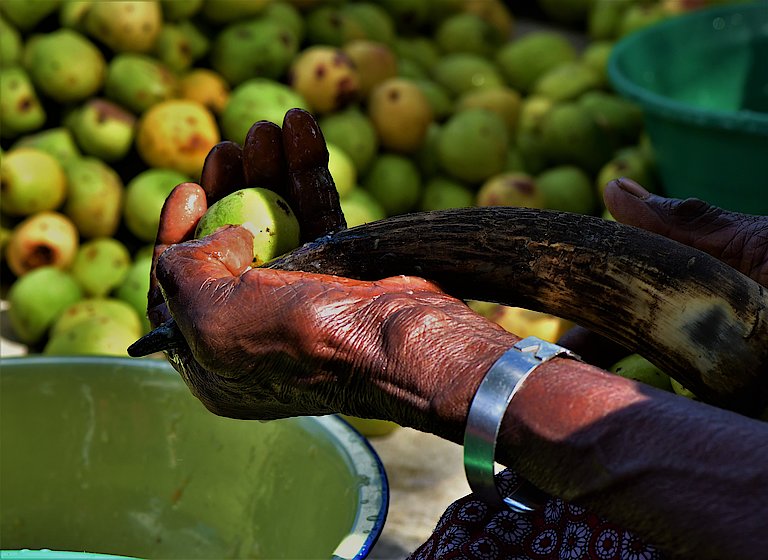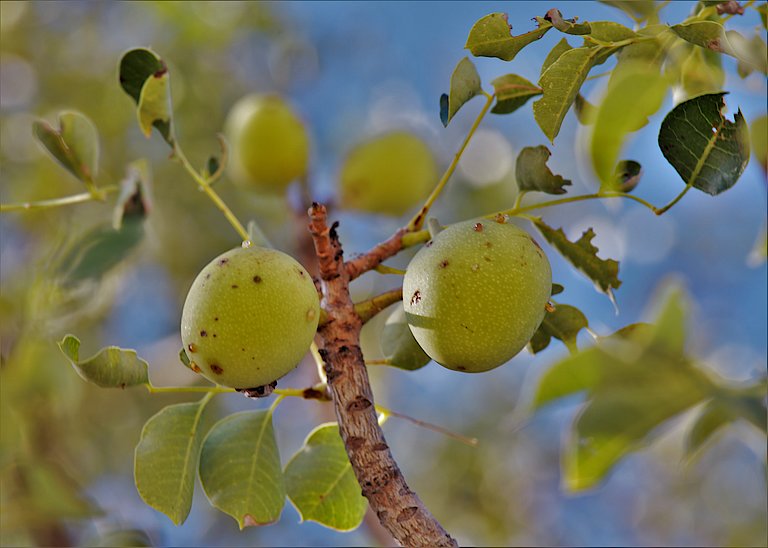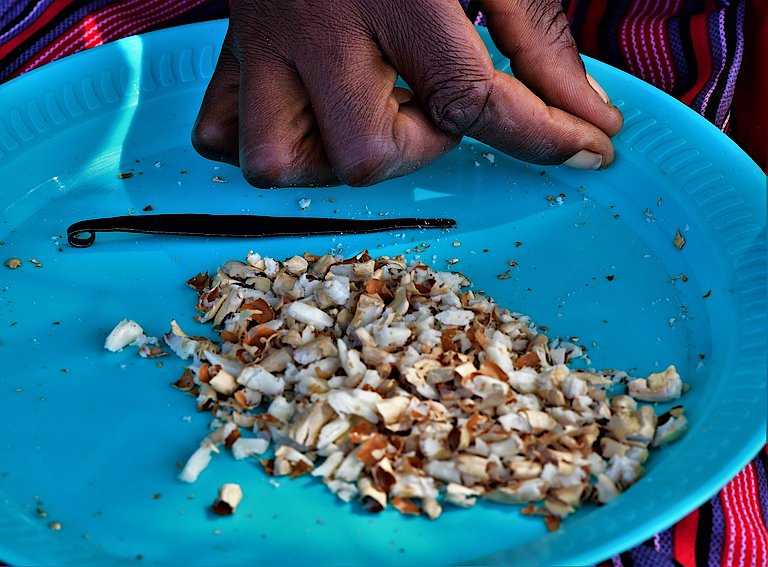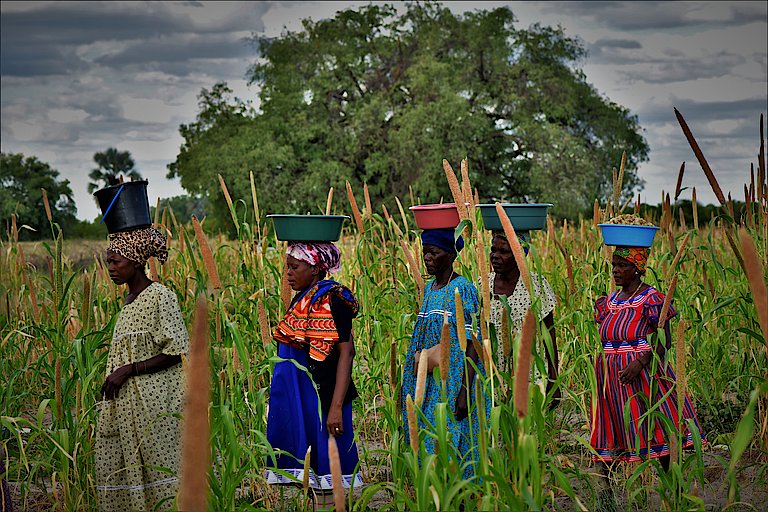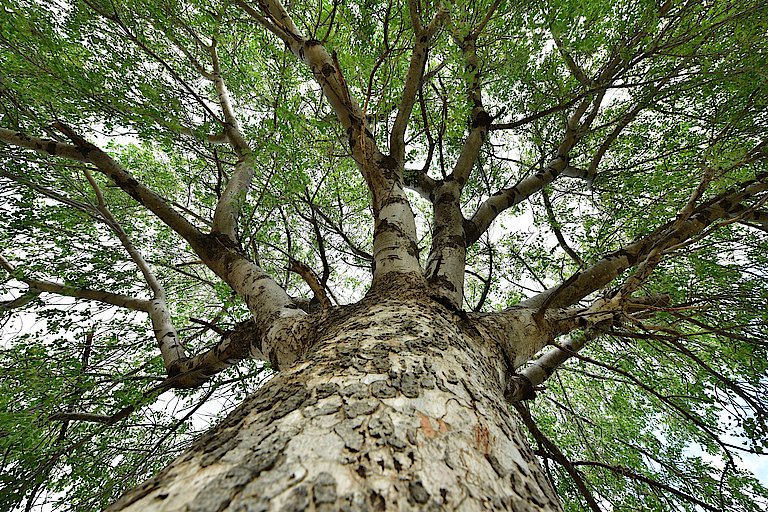Support offered by abiosa
ABioSA phase 1 provided financial support to 15 Southern Africa small and medium-sized enterprises (12 in South Africa, 1 in Botswana and 2 from Zimbabwe) already offering products to the local and international market. Support was offered to obtain compliance with export regulations (including ABS compliance), improve product quality, develop new products, enhance good practice and apply new technology to access new markets. The project also provided technical support to 21 emerging SMEs to become investment ready through training on international food standards (HACCP) and financial and business planning.
In the second phase ABioSA will provide financial support to export ready SMEs to access new international markets. A blended approach of capacity development and results orientated coaching will be provided to emerging SMEs/start-ups. The support is focused on the implementation of good manufacturing practice (GMP) for quality management systems integrating ISO and HACCP principles and guidelines.
Support offered by BioInnovation Africa
The project assists African small, medium and micro-enterprise (SMMEs) in the design of operating procedures and quality enhancement, e.g. through improved processing and storage. These activities shall help African businesses to access international markets and adhere to international standards. Traceability systems for example are becoming more and more relevant for international clients and the setting up of those systems can ensure companies’ competitiveness in the long run.
Partnership example
In the dry northern regions of Namibia, the marula tree has long been part of daily life. Valued for its fruit, kernels, and cultural meaning, marula is celebrated each year during the Oshituthi shomagongo - a traditional festival recognised by UNESCO for its cultural value. Held over several days, the festival brings together eight Aawambo communities to prepare and share the traditional marula drink, while honouring age-old knowledge, music, and storytelling. It is a powerful expression of community identity and unity, passed down through generations of women.
Beyond its traditional significance, marula also offers an important economic opportunity: it connects rural communities to international markets.
The Eudafano Women’s Cooperative (EWC), founded in the late 1990s, is a women-led organisation that is made up over 2,500 rural women who collect marula kernels. These kernels are processed into high-quality marula oil, a valuable ingredient for the global cosmetics industry. To help unlock international opportunities and improve market access, EWC has partnered with The Body Shop, Gustav Heess Group, Aldivia, and the BioInnovation Africa project.
Over the past five years, this collaboration has led to tangible improvements such as strengthening the EWC’s ability to meet international standards. Upgrades in processing facilities have enabled the cooperative to produce oil that meets global expectations for quality, safety, and sustainability. With these improvements, the product stands up to international competition, both in consistency and compliance with technical requirements.
Meanwhile cooperative members have received targeted training in quality management and responsible sourcing. These skills are not only essential for producing a premium product, but also for maintaining long-term competitiveness. The cooperative’s understanding of good manufacturing practices has grown, and clear documentation along with improved communication have enhanced trust and transparency throughout the supply chain.
To further support its commitment to responsible trade, EWC’s practices have been assessed against the UEBT Standard, aligning its operations with the UNCTAD BioTrade Principles and Criteria. This alignment adds credibility to the cooperative’s story and opens doors to markets that prioritise biodiversity, fair trade, and sustainability.
With stronger infrastructure, better business practices, and a clear commitment to quality and fairness, the Eudafano Women’s Cooperative is showing how African enterprises can thrive globally while keeping the benefits firmly rooted in their communities.
“The women of Eudafano recognises the investment made by this project especially on impacting them with knowledge and skills related to biodiversity and very important how they can sustain and conserve what sustains their livelihood. A lot of capacity has been built from the members to the staffs of Eudafano, the whole supply chain has been changed, improved and capacitated."
— Eudafano Women’s Cooperative (EWC)
